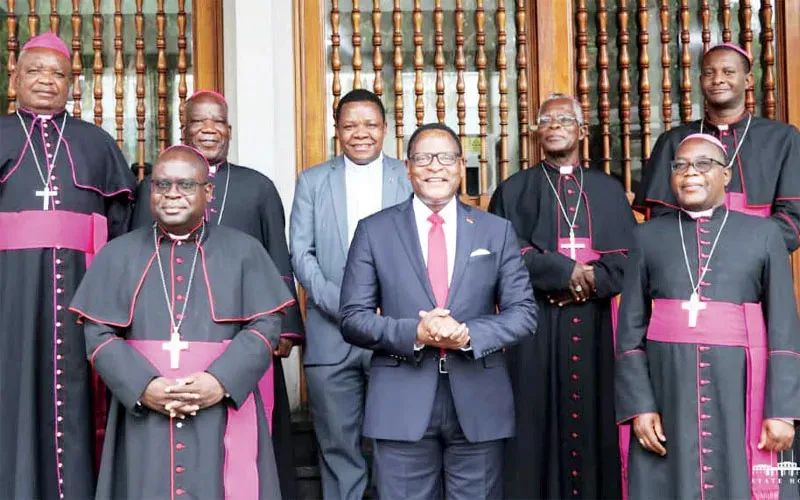Lilongwe, 22 December, 2022 / 7:25 pm (ACI Africa).
The government of Malawi is losing direction in managing the affairs of the country, Coordinators of the Catholic Commission for Justice and Peace (CCJP) in the Southern African nation have said, and warn that the country “is quickly turning into a failed state”.
In a Wednesday, December 7 statement that CCJP Coordinators at the national and Diocesan levels in Malawi signed, officials of the entity of the Episcopal Conference of Malawi (ECM) say President Lazarus Chakwera's government has been unable to deal with vices including graft.
“The country's leadership has clearly lost direction on how to manage what can reasonably and justifiably be described as a country in a crisis. In other words, Malawi is quickly turning into a failed state; the indicators are so vivid in the eyes of many, perhaps except the country's leadership itself,” they say.
CCJP officials in Malawi say they find it “unfortunate, saddening, and ironic that the government that incessantly claims to be driven and anchored by the tenets of the rule of law, ending corruption, unity of purpose, servant leadership and focus on the less privileged has clearly deviated from its own principles of governing a democratic polity.”
“This is happening while the political leadership seems to have abrogated its obligatory mandate to safeguard the common good and drive the national agenda for the realization of the much-touted inclusive development as stipulated by the Malawi 2063 aspiration,” they further lament.








